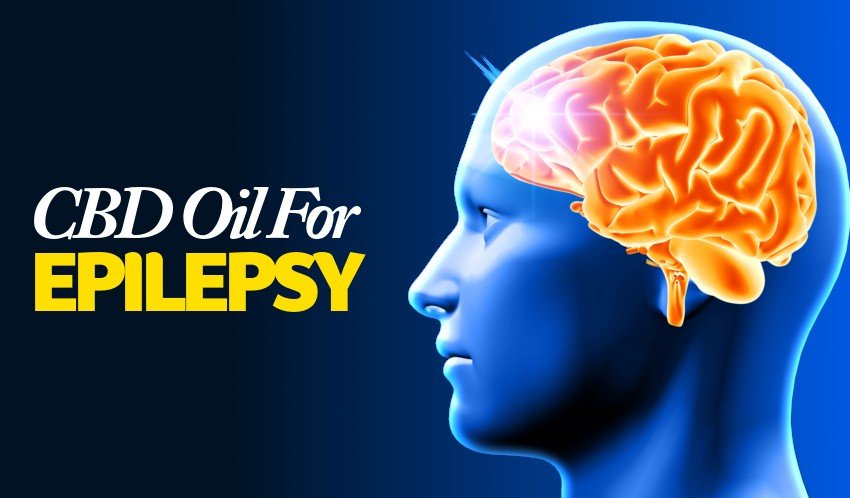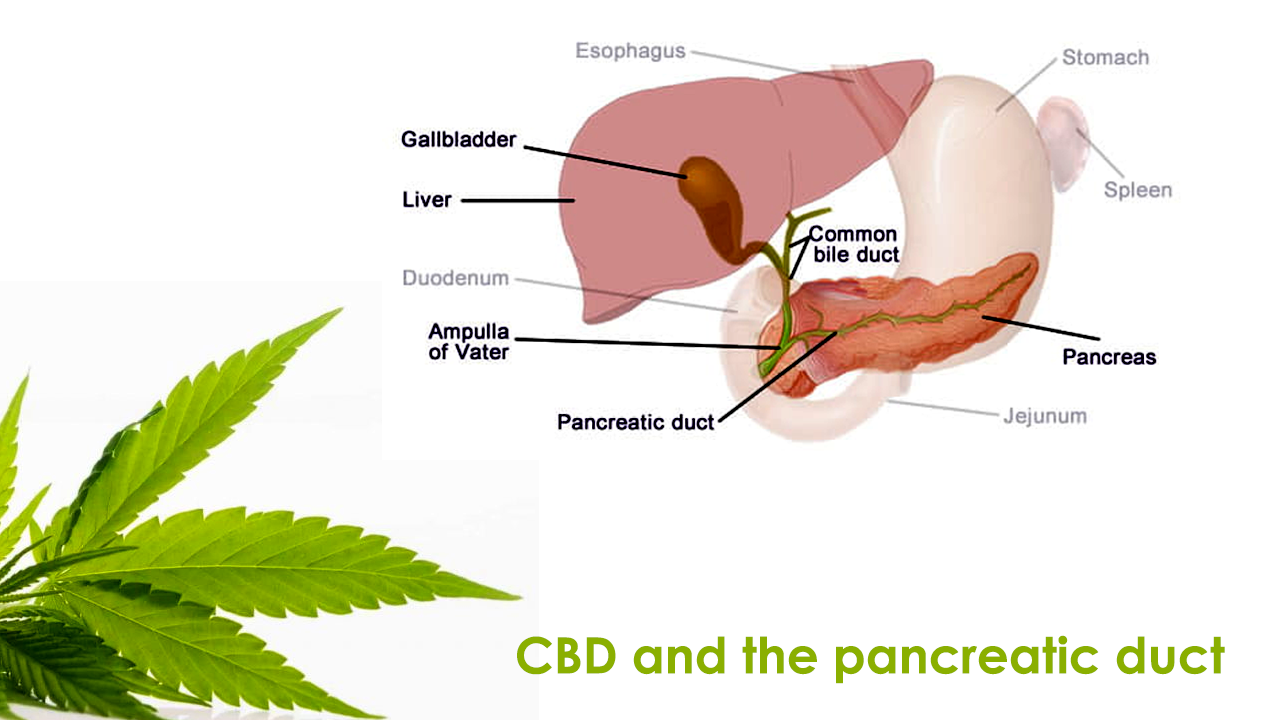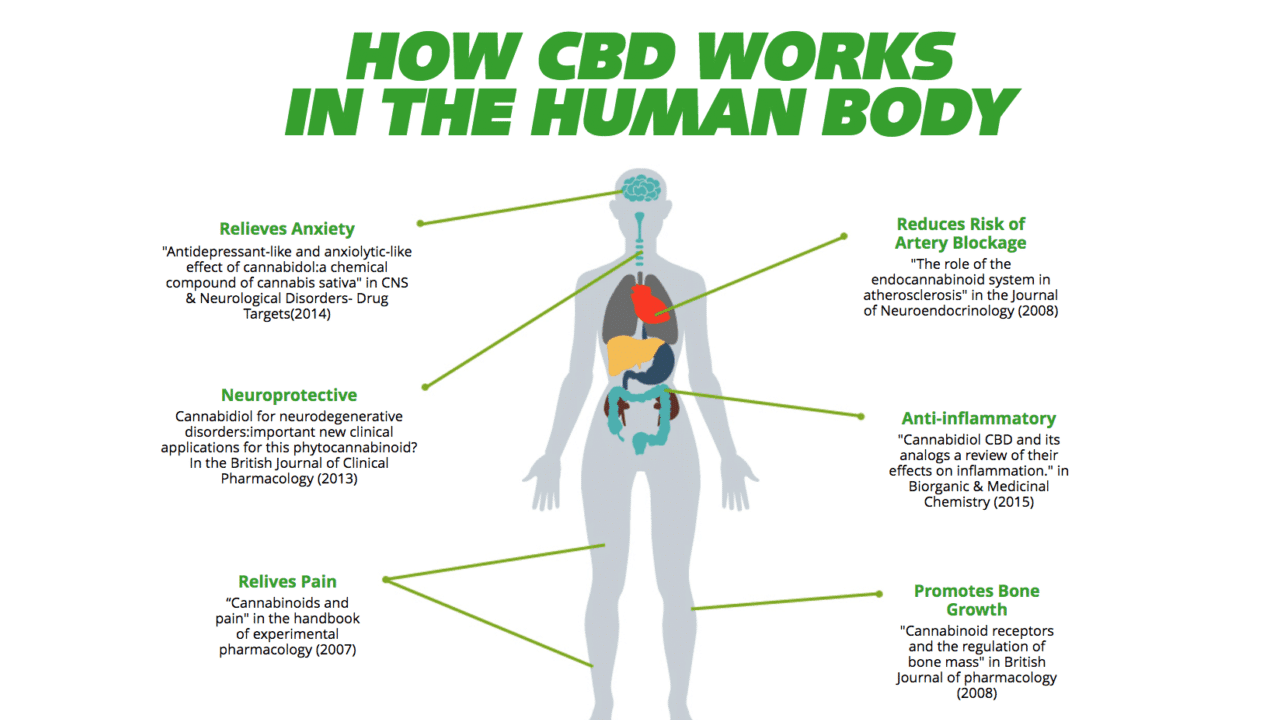How CBD Works In Epilepsy

Epilepsy, a neurological disorder characterized by recurrent seizures, affects millions of people worldwide. While traditional antiepileptic medications can effectively manage seizures for many individuals, some patients experience limited relief or significant side effects. As a result, there has been growing interest in exploring alternative treatments, and one such alternative is cannabidiol (CBD). In this article, we will delve into the relationship between CBD and epilepsy, focusing on its potential as an anticonvulsant agent.
Explore the Contents
Understanding Epilepsy and its Challenges
Epilepsy is a complex neurological condition that leads to abnormal brain activity, resulting in seizures. Seizures can manifest in various forms, including convulsions, loss of consciousness, and altered behavior. The exact causes of epilepsy can vary, and in some cases, it may be associated with brain injuries, genetics, or underlying medical conditions.
Managing epilepsy can be challenging, as not all patients respond favorably to conventional antiepileptic drugs. Moreover, some medications may cause adverse effects, impacting patients’ quality of life. These limitations have spurred interest in exploring alternative treatment options, with CBD emerging as a potential candidate.
CBD Exploring its Properties
What is CBD?
CBD, short for cannabidiol, is one of the many chemical compounds found in the cannabis plant. Unlike its counterpart THC (tetrahydrocannabinol), CBD is non-psychoactive, meaning it does not induce a “high” sensation. CBD’s interaction with the body occurs primarily through the endocannabinoid system (ECS), a complex network of receptors and neurotransmitters that regulates various physiological processes.

The Anticonvulsant Properties of CBD
Studies have shown that CBD possesses anticonvulsant properties, making it a topic of interest in the field of epilepsy research. The exact mechanisms through which CBD exerts its anticonvulsant effects are not fully understood, but researchers believe that CBD’s interaction with the ECS and other neurotransmitter systems plays a crucial role.
CBD and Epilepsy
Preclinical Studies
Before moving on to clinical trials involving human participants, researchers typically conduct preclinical studies using animal models. Numerous preclinical studies have provided promising results regarding CBD’s anticonvulsant effects.
Clinical Trials
In recent years, there has been a surge in clinical trials investigating CBD’s potential as an antiepileptic agent. Some of these trials have focused on specific forms of epilepsy, such as Dravet syndrome and Lennox-Gastaut syndrome, which are known to be drug-resistant and can be particularly debilitating for patients.
The results of these trials have been encouraging, with some participants experiencing a significant reduction in seizure frequency. However, it’s essential to recognize that not all patients respond the same way to CBD treatment, and further research is needed to understand the full scope of its effectiveness.
Is CBD Safe for Epilepsy Treatment?
Safety is a paramount concern when considering any treatment option, especially for a condition as delicate as epilepsy. Generally, CBD is well-tolerated by most individuals, with side effects, if any, being mild and temporary. However, CBD may interact with other medications, so it’s crucial for individuals with epilepsy to consult their healthcare providers before incorporating CBD into their treatment regimen.

Legal Considerations and Accessibility
The legal status of CBD varies from country to country and even within regions. In some places, CBD derived from hemp is legal, while others may have more stringent regulations. Patients considering CBD for epilepsy treatment should be aware of the legal status in their location and obtain products from reputable sources.
The Future of CBD in Epilepsy Treatment
As research on CBD and epilepsy continues to expand, the future appears promising for individuals seeking alternative options for managing their condition. CBD’s potential as an anticonvulsant agent has opened new avenues for exploring the therapeutic benefits of cannabis-derived compounds in neurological disorders.
Read More: CBD and Stress Relief: Exploring its Calming Effects
Conclusion
Epilepsy remains a complex condition that requires individualized treatment approaches. While CBD shows potential as an anticonvulsant agent, it is essential to approach its use with caution and under the guidance of healthcare professionals. As research continues to unfold, CBD may play an increasingly significant role in enhancing the quality of life for individuals living with epilepsy.
FAQs CBD and Epilepsy
Can CBD completely cure epilepsy?
While CBD has shown promise in reducing seizure frequency, it is not a cure for epilepsy. It may serve as an adjunctive treatment for some patients.
Are there age restrictions for using CBD to treat epilepsy?
The use of CBD for epilepsy treatment in children should be discussed with pediatric specialists. In some cases, CBD may be prescribed for pediatric epilepsy.
Can CBD interact with other antiepileptic medications?
CBD has the potential to interact with other medications, including antiepileptic drugs. It’s crucial to consult a healthcare professional to assess potential interactions.
Are there any long-term side effects of using CBD for epilepsy?
Long-term effects of CBD on epilepsy treatment require further research. So far, most reported side effects are mild and transient.
Is CBD legal worldwide for epilepsy treatment?
CBD’s legal status for epilepsy treatment varies worldwide. It’s essential to check local regulations before considering CBD as a treatment option.





